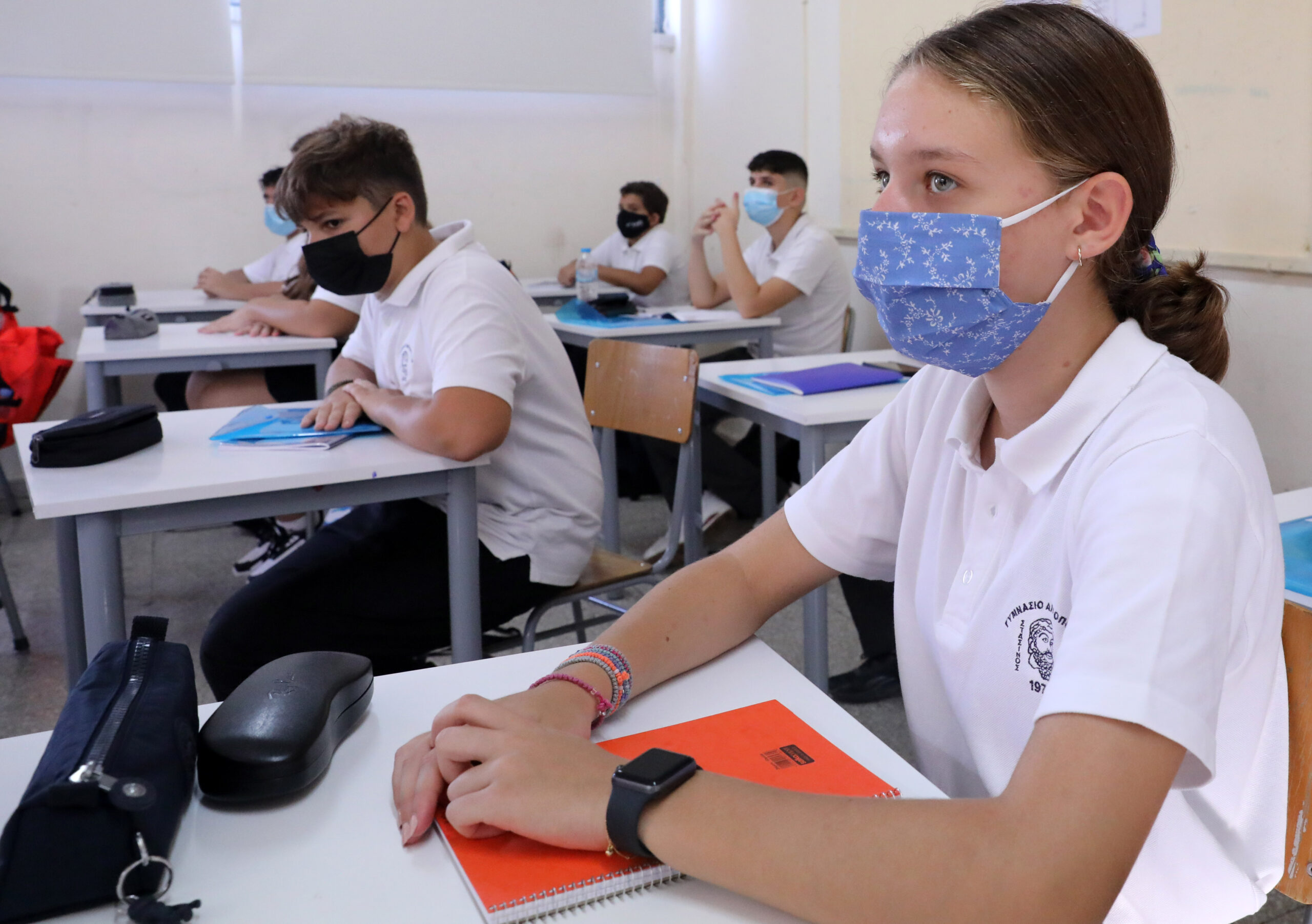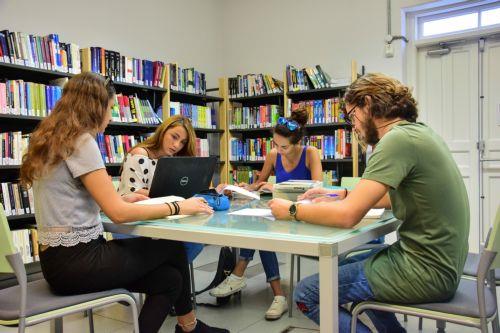The concept of the all-day school is picking up momentum, with MPs suggesting this should be part of a greater reform of the education system, including a staggered timetable for primary and high schools.
House Education Chair Pavlos Mylonas has been consulting with Education Ministry technocrats and teacher unions, saying this is a major issue that impedes providing decent learning to students already suffering from low-performance levels in state schools.
With a small number of teachers still reacting to this change, the majority favour the reform that would see primary schools, gymnasiums and lyceums starting class at different hours and ending later in the afternoons.
The universal first bell at 7.40 am and the end of the day at 1.30 pm in most schools means that a third of the island’s population is on the road during those times, causing traffic delays, unnecessary angst and emissions from slow-moving cars.
The impact is felt further in delays for people showing up for work and having to leave early to pick up the children at lunchtime, a drain on work output and resources, resulting in a greater cost burden on the nation’s productivity.
The public transport system should be better utilised, especially with bus lanes being introduced more, as roads are also improved.
With electric buses becoming popular, nowadays incorporating onboard wifi connectivity, the ride to school could become an enjoyable journey for all – passengers, motorists and pedestrians inhaling lesser fumes.
The current anachronistic system has been in place since after the war in 1974, with the Turkish invasion uprooting hundreds of thousands of people.
The need for schooling forced the then-government to share buildings for morning classes and afternoons to accommodate the refugees.
However, with the start of the school day suitably fitting the needs of civil servants over the years, many of whom use the excuse of picking up the children as a ruse to leave early or simply disappear from the office, this timetable was never changed.
Instead, it was also acceptable to the thousands working in banks, whose number has, over the years, dwindled as lenders shrank.
As a result, children have always suffered from a fast-paced morning session, couriered from home to afternoon tutoring, while continuing schooling in the same environment throughout the day was not favoured.
The Education Minister genuinely wants to improve the entire system, which cannot be realised without radical reforms.
Teacher unions shot down his efforts to introduce end-of-term testing, while the Covid-imposed online learning was never to be embraced, simply because it revealed the shortcomings of the teachers and their methods.
With just ten months left for Prodromos Prodromou to leave a positive legacy when the current administration ends, now is a good time to make all the necessary changes.
After all, we should be looking after children’s interests, not the teachers or even civil servants who like going to work at times that suit them, and not the general public.










